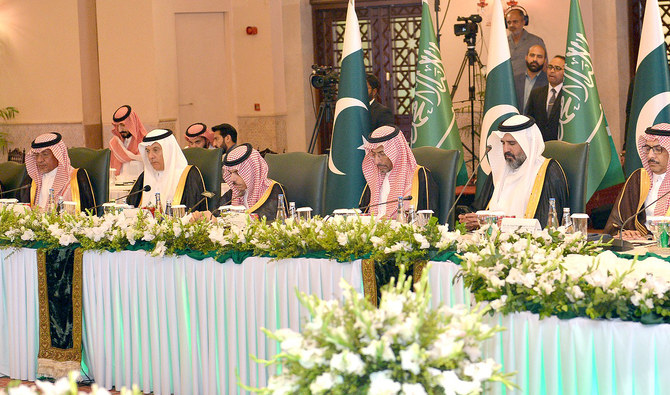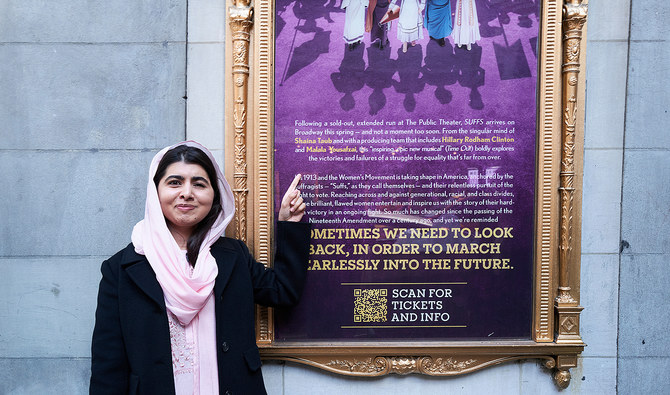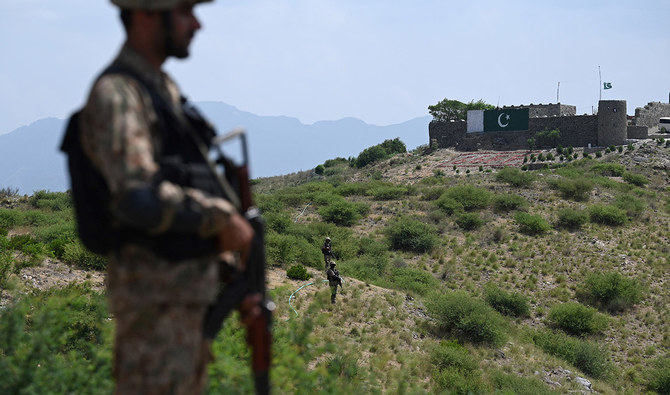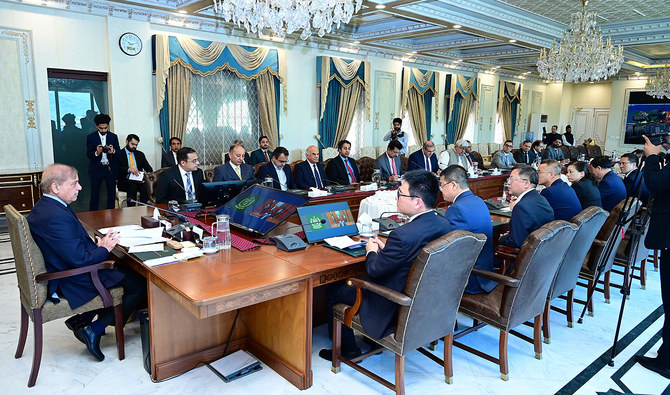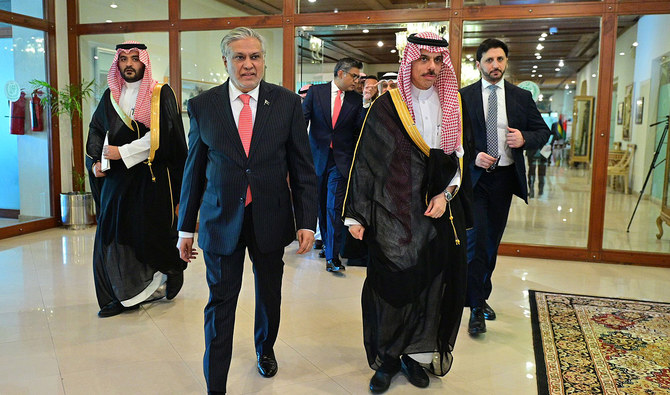KARACHI/ISLAMABAD: Pakistan’s commerce ministry said on Tuesday it had exempted the pharmaceutical industry from a ban on bilateral trade with India announced last month after New Delhi stripped the disputed Kashmir region of its special status, sparking tensions between the nuclear-armed neighbors.
The ban went into effect on August 9 and since then, consignments of medicines and pharmaceutical raw material have been stuck at the Karachi port, diverted to other destinations or returned to India, raising fears in Pakistan of “acute shortages” of life-saving drugs and vaccines.
Around 50 percent of medicines made in Pakistan use raw materials from India, according to the Pakistan Pharmaceutical Manufacturers Association. Pakistan imports around 150 medicines and vaccines from India each year, data from the Senate Committee on National Health Services shows, and in 2019 alone, according to the Pakistani ministry of health, medicines worth Rs.136,99,87,000 were imported by Pakistan from India.
The commerce ministry confirmed to Arab News on Tuesday that the embargo on the import of medicines and pharmaceutical raw materials from India had been lifted after approval from the federal cabinet.
The confirmation follows a notification dated September 2 in which the commerce ministry said the trade ban “shall not apply to therapeutic products regulated by the Drug Regulatory Authority of Pakistan,” meeting a nearly month-long demand by drug regulators, pharmaceutical companies and associations that represent manufacturers.
Concerns that Pakistan’s drug manufacturers would soon be unable to supply life-saving medicines due to the industry’s dependence on India began emerging soon after the trade ban was imposed.
On August 21, the Pakistan Pharmaceutical Manufacturers Association (PPMA), Drug Regulatory Authority of Pakistan (DRAP), Pharma Bureau and other relevant bodies, as well as representatives of major pharmaceutical companies, held an emergency meeting with Commerce Minister Abdul Razak Dawood and top officials of the ministry of health in Islamabad to discuss the issue of looming shortages.
At least three officials who attended the meeting told Arab News the commerce minister was not in favor of an embargo on pharmaceutical raw materials and medicines, and assured attendees that he would get cabinet approval to lift the ban.
“He reassured us that the pharma industry would be exempted from this ban,” a senior official at DRAP said, declining to be named because all stakeholders who attended the meeting were requested not to speak to the media.
Dawood declined to provide details of the meeting when contacted by Arab News, telling a correspondent via phone: “I don’t deal with India. I don’t know anything about this.”
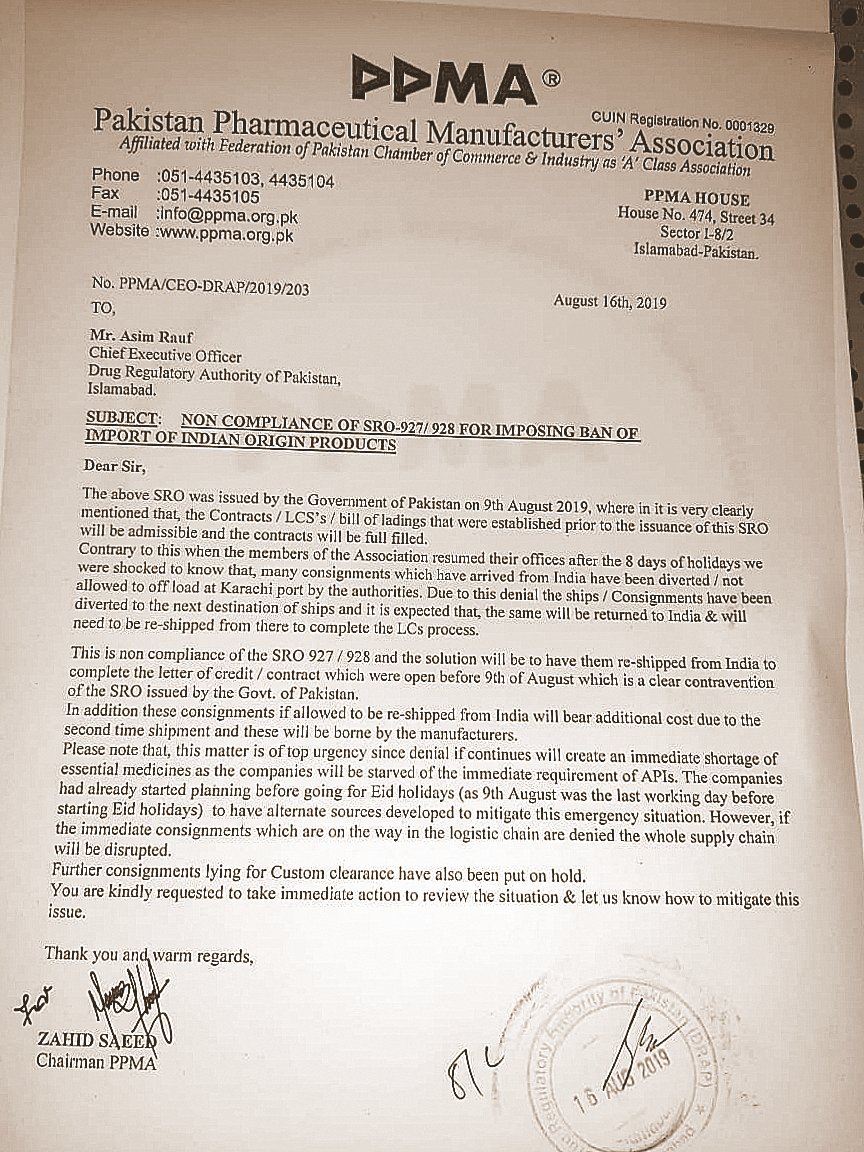
In a letter dated August 16, the Pakistan Pharmaceutical Manufacturers Association approached the Drug Regulatory Authority of Pakistan for clearance of Indian-origin raw materials and medicines stuck at Karachi port, complaining that even consignments contracted before the trade ban went into effect on August 9 were not being allowed to be offloaded at the port by authorities.
In a letter dated August 16, PPMA approached the drug regulator for clearance of Indian-origin raw materials and medicines stuck at Karachi port, complaining that even consignments contracted and billed before the trade ban went into effect were not being allowed to be offloaded at the port by authorities.
As of Monday, September 1, at least three officials of the PPMA contacted by Arab News said consignments contracted or billed before the trade ban was announced had still not been allowed into Pakistan despite a notification from the commerce ministry that orders completed prior to the ban would not be blocked.
Dr. Tahir Azam, senior vice chairman of the PPMA, said the body was now working round the clock to identify alternate sources of raw material.
But Ayesha Tammy Haq, Executive Director of the Pharma Bureau, which represents multinational pharmaceutical companies in Pakistan, said changing the source of raw material would take a substantial amount of time.
“First you will have to identify the source; that would take at least 2-3 months, then you will have to test the stability of the material,” Haq said. “Stability testing takes minimum 6-8 months and then due to stringent testing of multinational companies, they take, by conservative estimates, from 10-18 months to change source.”
A letter written by the Pakistan Chemists and Druggists Association (PCDA) to the Ministry of National Health Services dated August 16, 2019, named at least ten medicines imported exclusively from India at lower rates.
A letter written by the Pakistan Chemists and Druggists Association (PCDA) to the Ministry of National Health Services last month named at least ten medicines imported exclusively from India at lower rates.
These include: 1) Anti-snake venom serum (Pakistan-specific product only available from India) 2) World Health Organization prequalified vaccines 3) Anti-rabies vaccines 4) Equine anti-thymocyte globulin (only one brand currently available from India) 5) Equine Rabies Immunoglobulin (only one brand currently available from India) 6) Oncology products, including Onco BCG 7) Streptokinase 8) Halothane (only one available brand from India) 9) Recombinant biologicals and fertility hormones 10) and antifungals.
“In the absence of the above products, there will be an absolute chaos. Patients for a majority of the products will have no recourse,” the PCDA letter read. “For other product lines, the alternate products from Europe/United States/stringent regulated markets, are going to be far more expensive that their generics from India.”
“We can import [raw materials] from Europe or American but it would increase the cost almost by ten times,” Pharma Bureau’s Haq said. “Medicines are immune to global political and regional conflicts under the United Nations and should not be subjected to such impacts.”
“I think we, as a country, people and government, must understand that one thing, medicines, should not be touched [in times of conflict] because this is in the larger interest of people,” Haq said. “We all can live without tomatoes but if you are suffering from Tuberculosis, you can’t survive without anti-TB medicine,” she said, referring to a disease whose raw material is imported mainly from India.





